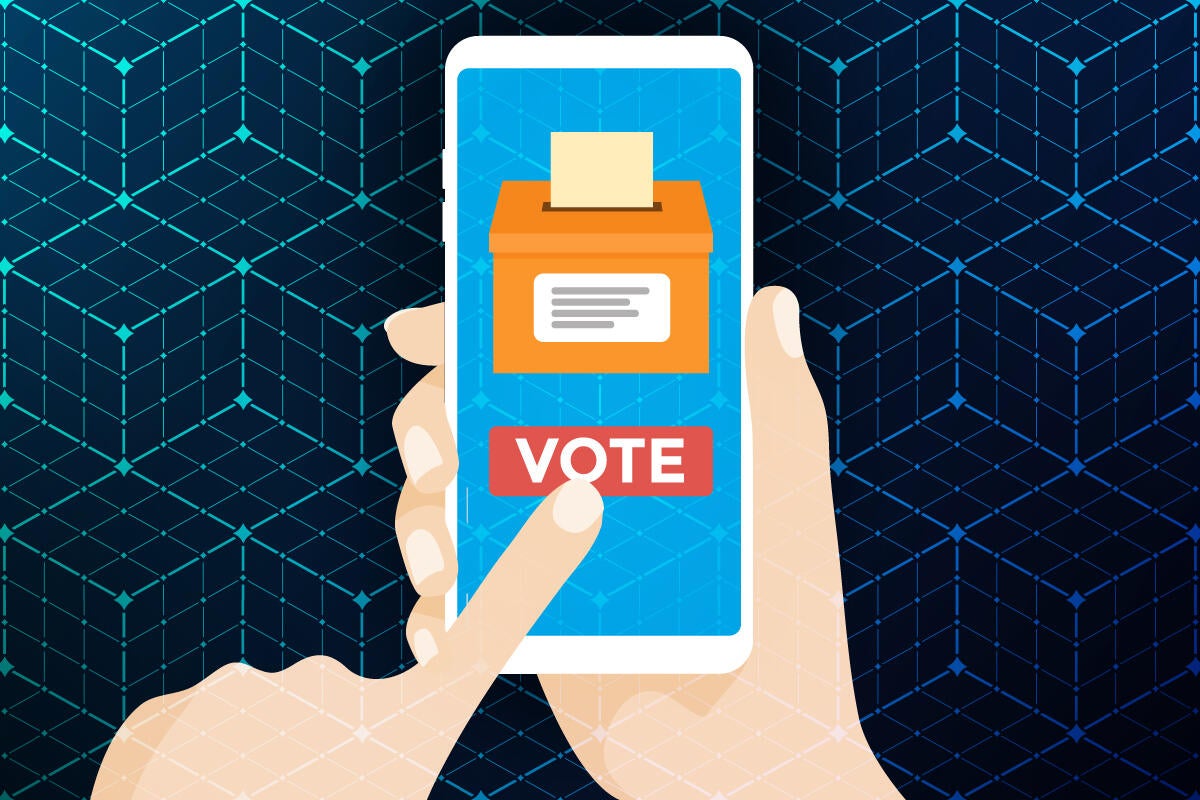Blockchain & Fraud Prevention: Strategies to overcome the cryptocurrency scam
Credit to Author: Vijay Yadav| Date: Thu, 16 Sep 2021 08:58:22 +0000
 What is Cryptocurrency? Cryptocurrency is a type of digital currency that generally only exists electronically. There is no…
What is Cryptocurrency? Cryptocurrency is a type of digital currency that generally only exists electronically. There is no…
The post Blockchain & Fraud Prevention: Strategies to overcome the cryptocurrency scam appeared first on Quick Heal Blog | Latest computer security news, tips, and advice.
Read more




